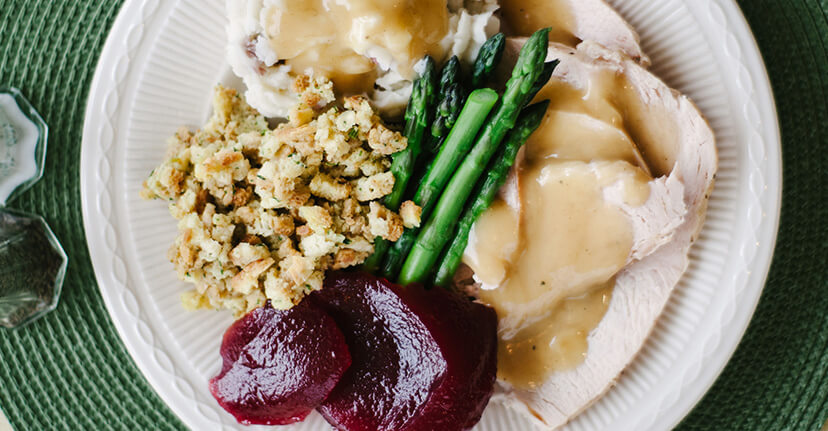A Different Kind of Virus Threatens To Muck Up Thanksgiving This Year
Viral Concerns
After the previous two holiday seasons were marked by COVID-19 and its impact, this past spring’s avian-influenza outbreak is pushing up turkey prices. Analysts say flocks greatly reduced as a result — and with the potential for a second outbreak this fall, prices will remain high through the end of 2022.
Farmers in California and Minnesota have reported new cases of avian-influenza recently. To date, the outbreak has spanned 39 states and led to the death of over 40 million birds, 6 million of which are turkeys. It’s the second-deadliest outbreak on record per the Agriculture Department.
Skyrocketing Flightless Bird
Inflation is leading to higher food prices across the board this year, and that’s without this avian-flu outbreak causing further havoc. Two years ago a pound of breast-meat cost under $2, according to research firm Urner Barry. This year, a pound costs $6.50. Turkey hens are 57% pricier than their five-year average. The turkey hen metric and price-per-pound represent record highs.
Hormel Foods (HRL) is the nation’s second-largest turkey processor by volume after Butterball LLC. Executives at Hormel say the avian-flu outbreak severely reduced their supplies, with expected sales volumes expected to be 30% lower this quarter. That sort of reduced supply inevitably leads to higher prices. Hormel says production volume will remain low through early 2023.
Earlier Shipments, Smaller Birds
Even prior to the avian-influenza outbreak, turkey supplies had been dwindling for years. Urner Barry’s research found farmers responded to lagging demand and overproduction by cutting back on flock sizes. Now, even though turkey prices have risen and boosting production makes sense, farmers are having difficulty overcoming elevated animal-feed costs.
If you’re worried about not having a bird on Thanksgiving, the National Turkey Federation says there will be enough gobblers to go around. In the short-term, shortages have been exacerbated by supply chain problems.
Farmers are sending birds to market earlier and at smaller weights to try and get ahead of potential future outbreaks. That could mean smaller turkeys in your roasting pan come the end of November, but at least there will be food on the table.
Please understand that this information provided is general in nature and shouldn’t be construed as a recommendation or solicitation of any products offered by SoFi’s affiliates and subsidiaries. In addition, this information is by no means meant to provide investment or financial advice, nor is it intended to serve as the basis for any investment decision or recommendation to buy or sell any asset. Keep in mind that investing involves risk, and past performance of an asset never guarantees future results or returns. It’s important for investors to consider their specific financial needs, goals, and risk profile before making an investment decision.
The information and analysis provided through hyperlinks to third party websites, while believed to be accurate, cannot be guaranteed by SoFi. These links are provided for informational purposes and should not be viewed as an endorsement. No brands or products mentioned are affiliated with SoFi, nor do they endorse or sponsor this content.
Communication of SoFi Wealth LLC an SEC Registered Investment Adviser
SoFi isn’t recommending and is not affiliated with the brands or companies displayed. Brands displayed neither endorse or sponsor this article. Third party trademarks and service marks referenced are property of their respective owners.
SOSS22090702



